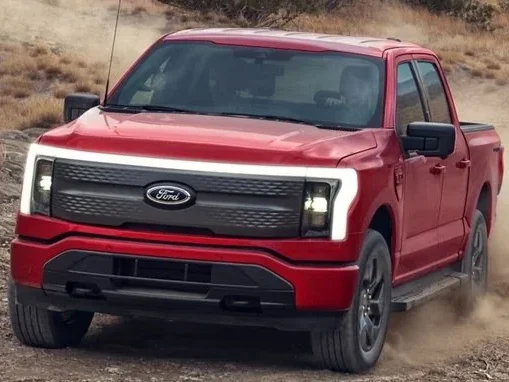In the realm of automotive durability, conventional wisdom often places rugged trucks like the Ford F-150 and Toyota Tacoma on a pedestal, renowned for their robustness and long lifespans. However, in recent years, a new contender has emerged to challenge this assumption: the hybrid vehicle. Despite initial skepticism regarding their durability, hybrid cars have begun to demonstrate remarkable longevity, often outlasting their gas-guzzling counterparts. In this article, we delve into the factors contributing to the extended lifespan of hybrid vehicles and explore why they can surpass even the renowned durability of trucks like the Ford F-150 and Toyota Tacoma.

Technological Innovation
One of the primary reasons for the longevity of hybrid vehicles lies in their innovative technology. Unlike traditional internal combustion engines, hybrids integrate electric motors and batteries, resulting in reduced wear and tear on mechanical components. The regenerative braking systems in hybrids also contribute to preserving brake pads and enhancing overall vehicle longevity. With fewer moving parts and advanced engineering, hybrids can withstand the test of time more effectively than their conventional counterparts.
Maintenance Advantage
Hybrid vehicles typically require less maintenance compared to traditional trucks. The reliance on electric power means fewer oil changes and less strain on components like the transmission and exhaust system. Moreover, the extended lifespan of hybrid batteries, once a concern for prospective buyers, has improved significantly with advancements in battery technology. Many hybrid manufacturers now offer warranties on their battery packs, providing reassurance to consumers regarding long-term reliability.
Environmental Factors
Another aspect favoring hybrid longevity is their reduced environmental impact. The hybrid drivetrain’s efficiency translates to less stress on the engine, resulting in lower emissions and reduced pollution. This environmental friendliness not only aligns with modern sustainability goals but also contributes to the vehicle’s overall health. Reduced exposure to harsh pollutants can mitigate corrosion and deterioration of vital components, thereby extending the hybrid’s lifespan.
Driving Patterns
The driving habits of hybrid owners also play a role in prolonging vehicle life. Many hybrid drivers prioritize fuel efficiency and gentle acceleration, which can lead to less strain on the drivetrain and prolong the vehicle’s mechanical integrity. Additionally, the seamless transition between electric and gasoline power in hybrids allows for smoother operation, minimizing wear on critical components over time.
Resale Value and Depreciation
Contrary to popular belief, hybrid vehicles often retain their value exceptionally well. The combination of fuel efficiency, low maintenance costs, and environmental appeal makes hybrids attractive to second-hand buyers. As a result, owners may find that their hybrid vehicles maintain a higher resale value compared to conventional trucks like the Ford F-150 and Toyota Tacoma. This inherent value retention can indirectly contribute to the perception of longevity, as well-maintained hybrids continue to serve reliably even in their later years.
Conclusion
While trucks like the Ford F-150 and Toyota Tacoma have long been synonymous with durability, the rise of hybrid vehicles presents a compelling alternative. Through technological innovation, reduced maintenance requirements, environmental benefits, and favorable driving patterns, hybrids have proven themselves capable of outlasting their gas-powered counterparts. As consumers increasingly prioritize sustainability and longevity in their purchasing decisions, hybrid vehicles stand poised to redefine our perception of automotive durability. In the ongoing evolution of the automotive industry, one thing is clear: the longevity of hybrid vehicles is a trend worth watching.
